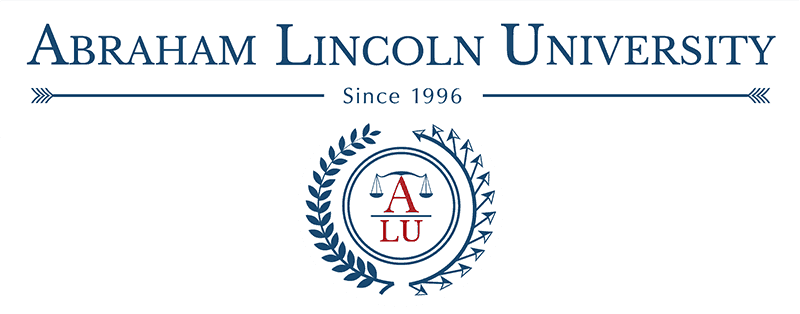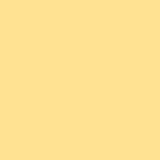We love alumni success stories. Watch as alumnus Farid Yaghoubtil shares his story with us. From humble beginnings as a child immigrant, to careers in apparel and medical equipment, to today — as the owner of a law firm employing approximately 75 employees in Downtown Los Angeles. Find out what challenges he faced along the way and the solutions that helped him find success.
Since graduating with a Juris Doctor degree from ALU, Farid Yaghoubtil has dedicated his career to defending the rights of his clients through his law firm, the Downtown LA Law Group.
My name is Farid Yaghoubtil. I’m one of the principal partners of the firm. We started about seven years ago and created the Downtown LA Law Group, focused exclusively on personal injury and employment cases.
Our law firm is a personal injury and employment law firm dedicated exclusively to handling catastrophic injury cases and employment cases. Our practice is plaintiff oriented. We do quite a bit of volume every single year but the main focus has always been client care and focus. That’s what the firm is based upon.
What was your life like before law school and becoming an attorney?
Prior to becoming an attorney or even going to law school I worked for my father’s apparel company doing apparel sales and management. Then I had a short stint in doing manufacturing of medical equipment. Manufacture medical equipment from overseas, bring it to the states, resell it. That was my life prior to becoming an attorney.
As you attended ALU, what personal and professional challenges did you face? Would they have been different if you had attended a different program?
I think the biggest professional challenge in attending ALU has always been keeping focused on the schoolwork, making sure you got it done, making sure you had proper time management. Because it’s not your typical program and that’s always been a challenge at least was a challenge for me in that setting. It’s not as regimented as other schools but that’s exactly what the benefit is.
Coming from a more traditional environment as a UCLA alumnus, what convinced you that ALU offered the best academic environment for you?
ALU’s program, in curriculum, was designed in a way that it would challenge you, make you dedicate yourself to providing the absolute best environment that you created for yourself. So I think for me it was obvious that the curriculum they gave you was sufficient to provide that environment for you.
Why did you choose a 100% online program versus an online-ground hybrid program?
At the time I really wasn’t — I didn’t have the time commitment to do a hybrid type program. I actually wanted to do a hundred percent online program because it catered to my work-life balance. I didn’t have the time commitment to have a full-time job and then at the same time commit myself to studies. So ALU provided the platform where you could study at your own pace. If you wanted to you’ve got a day off you could dedicate your entire day to catching up on whatever it is you missed earlier. And that was extremely appealing to me.
What advice would you give to someone that’s looking at a traditional or online-ground hybrid school now?
I think if you look at the trends, online schools are becoming more and more vogue than they were maybe ten years ago, and I think to dedicate your time to a program that allows you the balance of — for you to do the things you want to do — is, I mean, it’s a no-brainer. It’s what you should be doing, rather than doing what was traditionally acceptable maybe 30 years ago or 50 years ago. It’s changed, it’s a different — you’re in a different arena now. It’s not what it was then. The new age, the new, the way things are done now. I think these types of programs are more apt for young professionals that are looking to enter into the legal space or any space.
Why did you want to become a lawyer?
I think coming here as an immigrant — I think looking at the disadvantages and advantages of somebody who was educated and not educated, for me, throughout my life always made it apparent that having those certain skill sets would lend itself to being — would lend itself to helping you be successful in whatever is it chose to be. Our background from my family was, you know, my family came here in the 80s, and originally was just me and my mother and my brother. Nobody else. We didn’t speak any English, and I, you know, it was a constant challenge seeing my parents being taken advantage of, seeing my parents not understanding the American system. Now I always thought that the legal profession provided some type of advantage to individuals who understood the laws, how things worked, and ultimately ended up in their benefit.
About 9 years ago, you graduated from ALU’s School of Law and passed the California bar exam. How long after that did you get your first case?
I think we signed up our first case thirty days after I cleared moral character and passed the bar and all that was done. About 30 days later we’d retained our first case. It was an auto accident case. We were successful in obtaining a significant settlement for the client.
Do you face any professional disadvantages as a graduate from an online law school?
I always thought attending an online law school was an advantage rather than a disadvantage. The online law school allowed you to come out of school with very little debt. But aside from that, you had a significant advantage of relating to people who come from similar places. Not everybody is a Stanford Law graduate and I think clients relate to people who have similar backgrounds similar situations to them, and I always thought — I never looked at it as a disadvantage, ever.
To what do you attribute your success?
I attribute a large part of — I guess you could call it success — to my, the way my parents raised me. A lot of it to my — a major portion of it to my partners and to the staff that we have here who always have been able to deliver high-level results.
What attitudes and actions have helped you along the way?
Staying positive! I think in this business you have a hard time constantly trying to stay positive. It has a unique set of challenges that maybe other businesses don’t have or other professions don’t have, but to stay positive daily, come to work positive, believing you’re actually gonna make a difference in somebody’s life. It makes a big difference and that’s worked for me.







